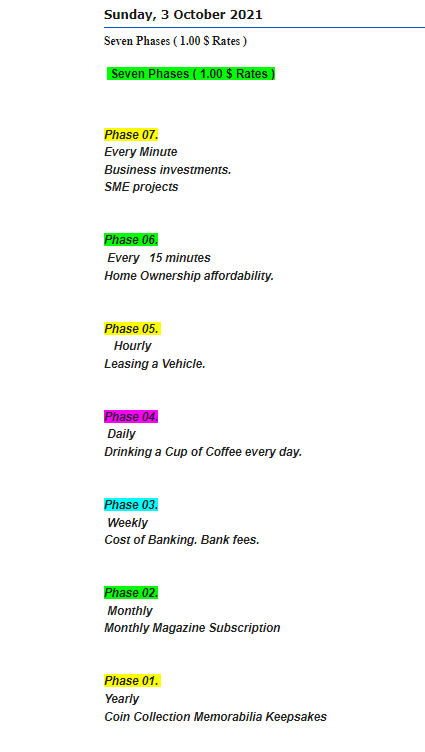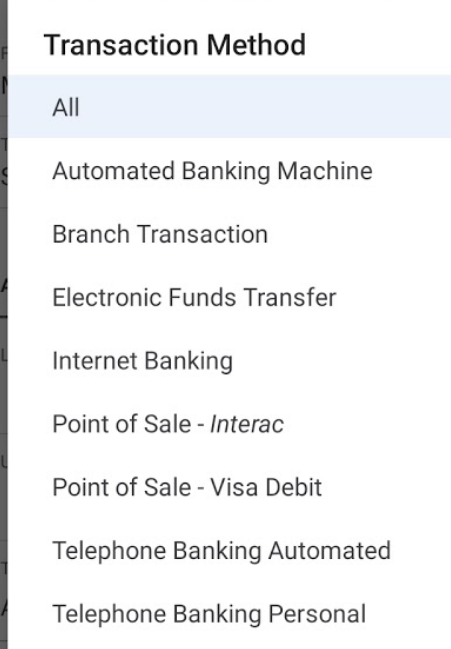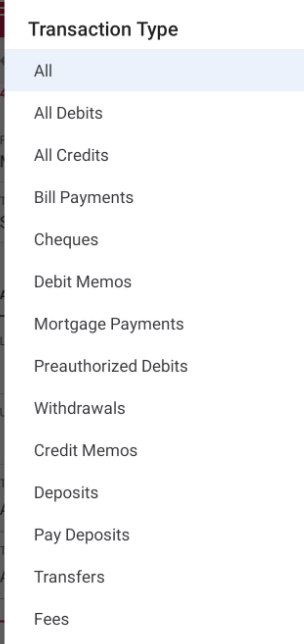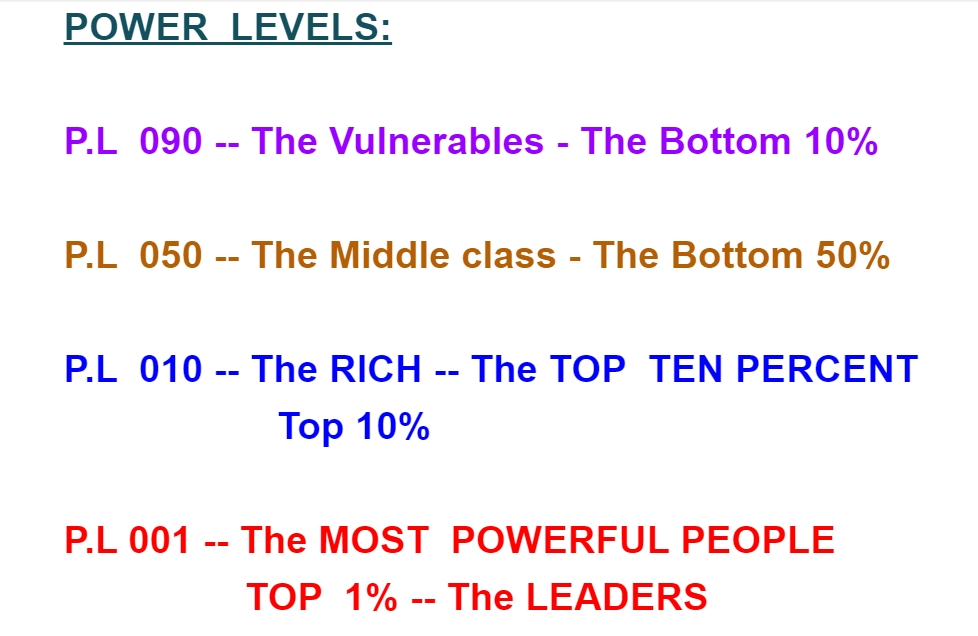Fund
What Is a Fund?
A fund is a pool of money that is allocated for a specific purpose. A fund can be established for any purpose whatsoever, whether it is a city government setting aside money to build a new civic center, a college setting aside money to award a scholarship, or an insurance company setting aside money to pay its customers’ claims.
KEY TAKEAWAYS
- A fund is a pool of money set aside for a specific purpose.
- Those pools can are often invested and professionally managed.
- Some common types of funds include pension funds, insurance funds, foundations, and endowments.
How Funds Work
Individuals, businesses, and governments all use funds to set aside money. Individuals might establish an emergency fund or rainy-day fund to pay for unforeseen expenses or a trust fund to set aside money for a specific person.
Individual and institutional investors can also place money in different types of funds with the goal of earning money. Examples include mutual funds, which gather money from numerous investors and invest it in a diversified portfolio of assets, and hedge funds, which invest the assets of high-net-worth individuals (HNWI) and institutions in a way that is designed to earn above-market returns. Governments use funds, such as special revenue funds, to pay for specific public expenses.
Common Types of Funds
The following are examples of funds commonly used for personal ventures:
- Emergency funds are personal savings vehicles created by individuals used to cover periods of financial hardships, such as job loss, prolonged illness or a major expense. The rule of thumb is to create an emergency fund that contains at least three months worth of net income.
- College funds are usually tax-advantaged savings plans set up by families to allocate funds for their children’s college expenses.
- Trust funds are legal arrangement set up by a grantor who appoints a trustee to administer valuable assets for the benefit of a listed beneficiary for a period of time, after which all or a portion of the funds are released to the beneficiary or beneficiaries.
- Retirement funds are savings vehicles used by individuals saving for retirement. Retirees receive monthly income or pensions from retirement funds.
In the realm of investments, some types of funds include:
- Mutual funds are investment funds managed by professional managers who allocate the funds received from individual investors into stocks, bonds, and/or other assets.
- Money-market funds are highly liquid mutual funds purchased to earn interest for investors through short-term interest-bearing securities such as Treasury bills and commercial paper.
- Exchange-traded funds (ETFs) are similar to mutual funds but traded on the public exchanges like stocks.
- Hedge funds are investment vehicles for high-net-worth individuals or institutions designed to increase the return on investors’ pooled funds by incorporating high-risk strategies such as short selling, derivatives, and leverage.
- Government bond funds are for investors looking to put their money away in low-risk investments through Treasury securities, such as Treasury bonds, or agency-issued debt, such as securities issued by Fannie Mae. Both alternatives are backed by the U.S. government.
The government also creates funds that are allocated for various reasons. Some government funds include:
- Debt-service funds are allocated to repay the government’s debt.
- Capital projects fund resources are used to finance the capital projects of a country, such as purchasing, building or renovating equipment, structures, and other capital assets.
- Permanent funds are investments and other resources that the government is not allowed to cash or spend. However, the government normally has the right to spend any revenue these investments generate on appropriate functions of government.
:max_bytes(150000):strip_icc():format(webp)/shutterstock_113150578-5bfc369046e0fb002603d996.jpg)
:max_bytes(150000):strip_icc():format(webp)/pension_fund-5bfc36d44cedfd0026c3b0c0.png)
:max_bytes(150000):strip_icc():format(webp)/bank-5bfc2ff2c9e77c00519b738d.jpg)
:max_bytes(150000):strip_icc():format(webp)/betterment-vs-vanguard-personal-advisor-services-0f30f9ea4689489ba720f81ddb628ac7.png)
:max_bytes(150000):strip_icc():format(webp)/wealthfront-vs-vanguard-personal-advisor-services-f090ea93991e47639e0c1e68d8035237.jpg)
:max_bytes(150000):strip_icc():format(webp)/personal-capital-vs-vanguard-personal-advisor-services-4dad1d34084c4780aec788ace455b4a3.jpg)



































































No comments:
Post a Comment